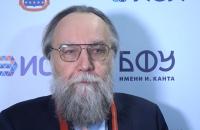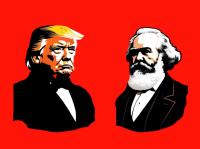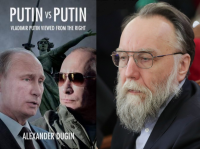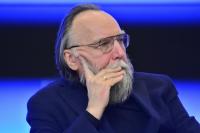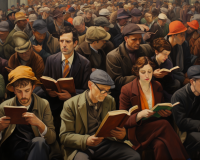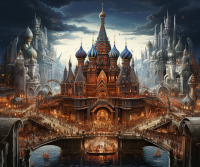A New Russian Worldview
Contemporary social science in Russia needs to catch up in understanding the changes occurring in the country and in forming a sovereign worldview, and it needs to be accelerated, philosopher Alexander Dugin told journalists at the 5th Congress of the Russian Society of Political Scientists in Svetlogorsk (Kaliningrad region).

